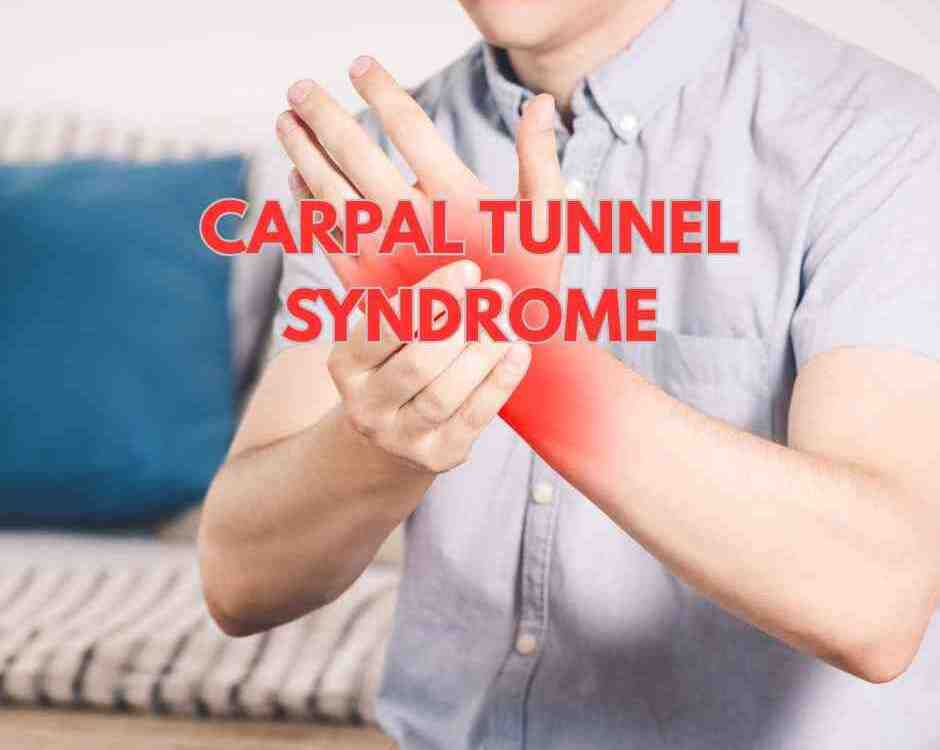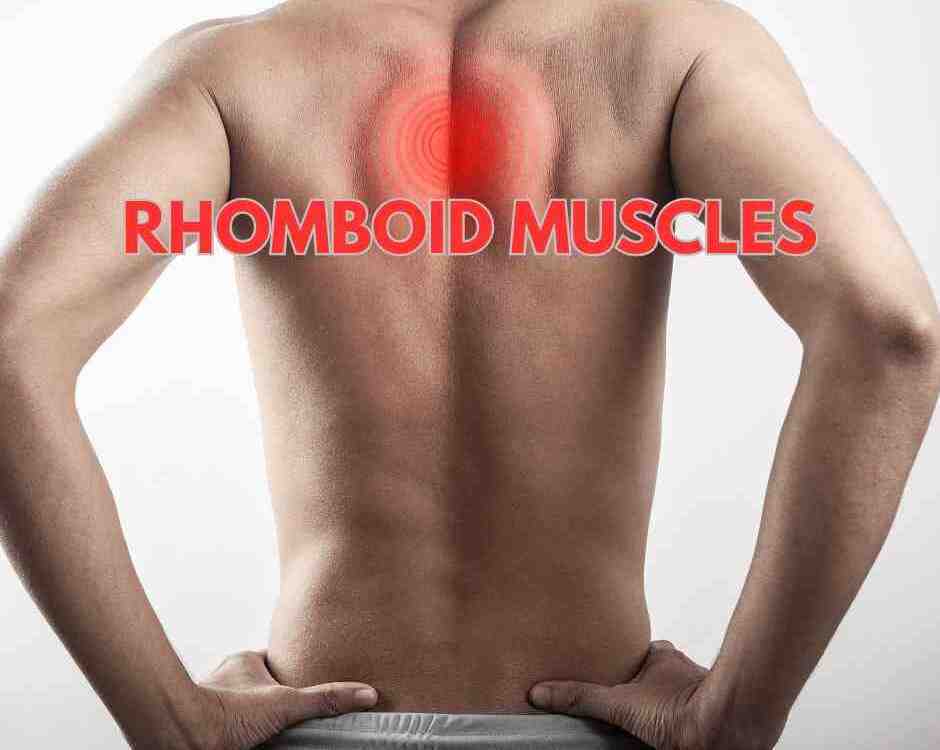Post Traumatic Headaches.. What Are They?

Exactly What is a Disc Bulge?
January 29, 2024
What Are Common Airbag Injuries?
February 10, 2024What are Post-Traumatic Headaches?
Post-Traumatic Headache (PTH) is a common condition and outcome of traumatic brain injuries (TBI), affecting nearly 1.7 million individuals annually in the US. PTH, as defined by the International Headache Society, is characterized by the onset of headaches within 7 days of injury or after regaining consciousness. These headaches often resemble migraines or tension-type headaches which vary in intensity. Associated symptoms include nausea, vomiting, light/sound sensitivity, dizziness, insomnia, poor concentration, memory problems, and mood changes like depression and nervousness. Dr. Deryk Harting, a member of one of the highest rated auto injury medical facilities in the Tampa Bay area, Chambers Medical Group, discusses Post-Traumatic Headaches and strategies to consider when managing this type of headache.
While many PTH cases resolve within 3 months, a significant amount (18-65%) can linger on and is called persistent PTH. Risk factors for persistent PTH include pre-existing/history of headaches, female gender, and a family history of migraines. Interestingly, severe head trauma does not necessarily correlate with prolonged headaches, as mild head trauma can also lead to symptoms that last for months or even years.
The exact mechanisms leading to PTH are not fully understood, and it likely involves a combination of physiological and neurochemical changes. Some potential causes and contributing factors to post-traumatic headaches include:
- Chemical Changes: TBI can lead to chemical changes in the brain, such as the release of neurotransmitters and other substances, which may contribute to the development of headaches. The cascade of events triggered by injury can affect the normal functioning of the brain and its blood vessels.
- Brain Swelling: Swelling of the brain, known as cerebral edema, is a common response to traumatic injury. This swelling can exert pressure on the surrounding structures, leading to headaches.
- Vascular Changes: Trauma may result in changes to blood vessels in the brain, contributing to headache symptoms. Some post-traumatic headaches have pulsating characteristics similar to vascular headaches like migraines.
- Inflammation: Inflammatory processes within the brain may be involved in the development of post-traumatic headaches. Inflammation can affect the sensitivity of nerves and cause pain.
- Neurotransmitter Imbalance: Disruption of normal neurotransmitter balance in the brain, including serotonin and dopamine, may play a role in post-traumatic headaches.
- Muscle Contraction: Muscle tension and contraction of muscles in the neck and scalp are common after head injuries. This sustained muscle tension can contribute to the development of headaches.
- Psychological Factors: Emotional and psychological factors can exacerbate or contribute to post-traumatic headaches. The stress, anxiety, and emotional impact of a traumatic event may interact with physiological changes, leading to persistent headaches.
Treatment of PTH involves a comprehensive approach considering the patient’s symptoms. Commonly prescribed medications include anti-inflammatories, pain relievers, antidepressants, anti-seizure, blood pressure, and migraine-specific drugs. Non-drug treatments include physical therapy, biofeedback/relaxation therapy, chiropractic care, nerve stimulators, and cognitive-behavioral therapies. Education about PTH is also important because psychological problems can trigger headaches and persistent headaches may worsen emotional issues.
Here are some at-home strategies to consider when managing post-traumatic headaches:
- Consistent Sleep Schedule: Ensure you go to bed and wake up at the same time daily, including weekends. Limit daytime naps if necessary.
- Balanced Diet: Consume foods that boost brain health, consider supplements/vitamins, drink adequate amounts of water, and avoid processed or sugary foods.
- Regular Exercise: Although exercise might initially intensify headaches, regular physical activity can ultimately alleviate symptoms. Start with 10-minute intervals and gradually increase based on your body’s tolerance and response.
- Avoid Stimulants: Limit usage of stimulants like alcohol and caffeine as they can exacerbate the condition and impede the recovery process.
- Practice Mindfulness/Breathing Exercises: Learn techniques such as mindfulness and controlled breathing to induce relaxation at home which dampen the sympathetic nervous system and enhance blood flow.
- Stay Connected with Others: Stay in touch with family and friends, engage in community activities, or explore support groups for individuals dealing with chronic pain.
- Reduce Stress: Identify stressors in your life and take steps to minimize them.
In conclusion, PTH is a complex condition with a range of symptoms, requiring a multifaceted approach for effective management. Understanding both the physical and psychological aspects of PTH is essential in treating individuals affected by this condition.
— This article is written by Deryk Harting, DC, one of the members of Chambers Medical Group’s team of car accident chiropractors who offer a variety of treatments and therapies ranging from diagnostic testing to various soft tissue therapies for car accidents and injuries in Florida.
–
.
–
Have you been in a car accident? If you or somebody you know has been in a car accident, be sure that you seek medical attention from a car accident doctor or car accident chiropractor to treat your injuries. Visit Chambers Medical Group to receive world-class medical treatment for your injuries.
Chambers Medical Group has car accident medical clinics in the following locations:
- Car Accident Medical Clinic in Tampa
- Car Accident Medical Clinic in Plant City
- Car Accident Medical Clinic in Brandon
- Car Accident Medical Clinic in Lakeland
- Car Accident Medical Clinic in Sarasota
- Car Accident Medical Clinic in Louisville
- Car Accident Medical Clinic in Lexington
- Car Accident Medical Clinic in Florence




